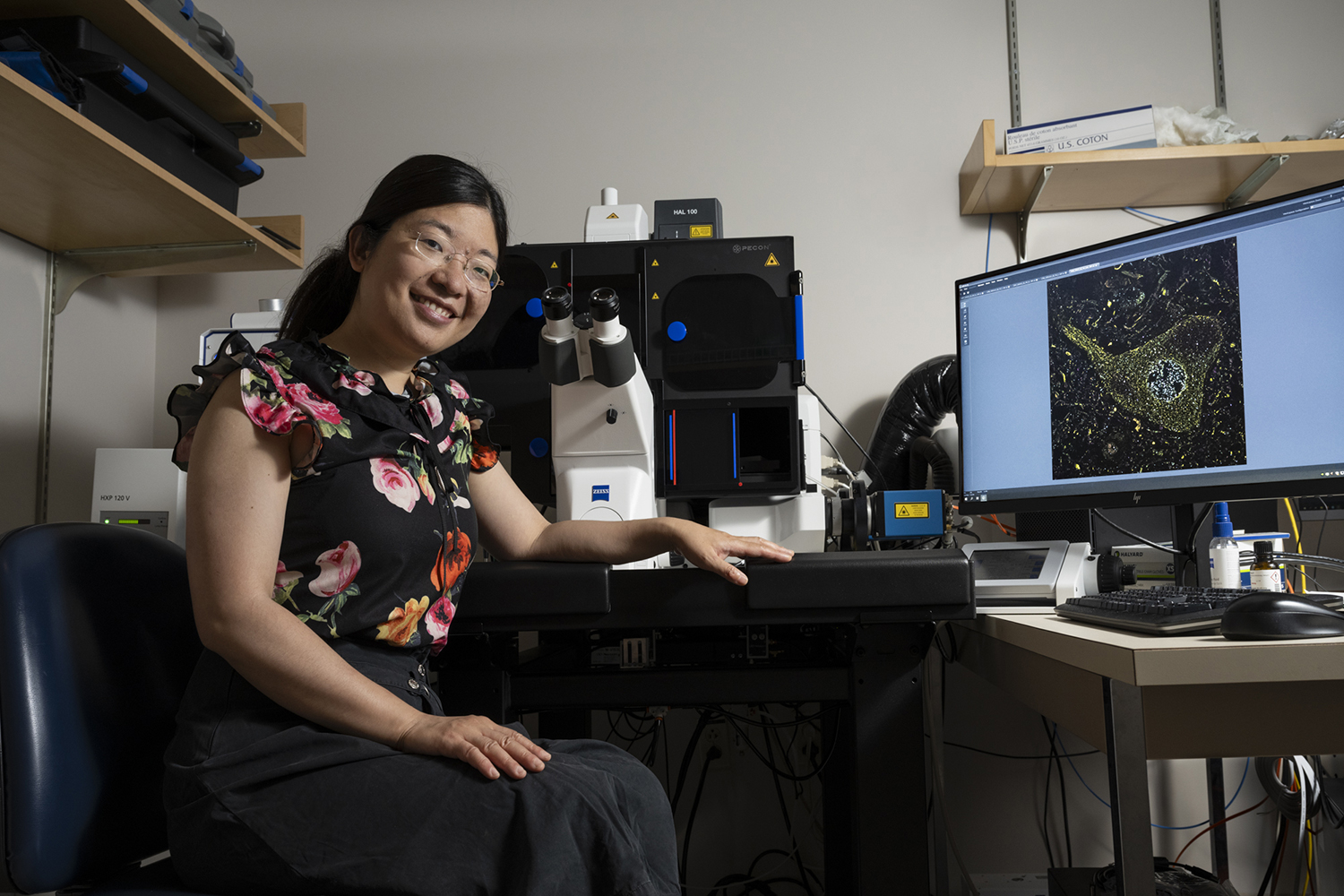Assistant Investigator, Neurology, Massachusetts General Hospital

Our exploration of neuroscience unfolds from the genesis of a neuron to its demise, aiming to stretch this journey to its fullest, imbued with excitement and discovery. This path, unique to each exploration, whether it concerns a specific type of neuron, a particular neural circuit, or an individual organism, directs us toward a diverse range of neurological conditions, from neurodevelopmental to neurodegenerative disorders. Our ultimate aspiration is to cure these conditions and rejuvenate health, but our primary pathway lies in unraveling how these diseases manifest. We are especially keen on understanding why certain cells or circuits show either vulnerability or resilience under specific neurological conditions, as well as the fundamental molecular mechanisms that may pave the way to groundbreaking biomarkers and innovative therapies.
At present, the focus of my laboratory is on investigating Alzheimer’s Disease and related dementia, Huntington’s Disease, and Amyotrophic Lateral Sclerosis. Employing a combination of advanced imaging techniques, structural biology, multi-omics approach, machine learning methods, and a variety of complementary model systems (squid axons, giant synapses, mouse models, human iPSC-derived neurons and organoids, patient tissues/biofluids, etc.), we systematically examine protein folding and misfolding, subcellular compartmentalization and trafficking, neuronal cytoskeleton and signaling, synaptic connections and function within each of these diseases, and compare these pathways across the entire lifespan of the brain, from its emergence to its end.
